#KollabSFGetsLit with Crystal Hana Kim, Author of If You Leave Me
Crystal Hana Kim, in her debut novel If You Leave Me, explores the repercussions of a country in war. The book is a timepiece during the Korean War that’s told through the first person narratives of protagonist, Haemi Lee, and her love triangle between her childhood best friend, Kyunghwan, and his older cousin, Jisoo. TheMillions.com review of Kim’s book highlights this feat, “Kim alters the expectations of the genre of war to include a much stronger focus on women and the multigenerational cultural changes that occur in and after a war caused by a global power struggle.”
Kollaboration SF gets the opportunity to Interview Crystal Hana Kim and talk about her book, her inspirational grandmother, and her feelings on releasing the book to the world.
#KollabSFGetsLit with Lucy Tan, Author of What We Were Promised
Lucy Tan’s debut novel What We Were Promised is a story that follows the Zhen family has moved back to China after spending their lives chasing the American dream. Lucy explores heavy themes like classism, going from immigrant to an expat, and concepts of belonging, as US Today reviews, ““What We Were Promised” is bustling with themes like these, ones that focus on the terrifyingly complex facets of what it means to be Chinese-American, an immigrant, and an expat. But Tan certainly has enough bandwidth to handle these heavy topics, sifting them through a single family with forlorn honesty and compassion.” Kollaboration gets a chance to interview Lucy Tan about her writing process as an Asian American woman, her challenges of having a bilingual home as a writer, and ask her experience as a Asian American actress.
NorCal Night Market: Preview
On Sunday, July 8 Kollaboration SF was invited to the NorCal Night Market Preview day at the International Hotel in San Francisco, CA.
Plan ahead and make sure to stop by all the great food spots during the NorCal Night Market, happening this weekend, Friday, July 27 through Sunday, July 29, 2018!
Theater Experience: Soft Power
I am sitting in the middle of the fifth row of the Curran Theater in San Francisco. Elegantly shaped metals surround a looming stage, lit to resemble twilight. It is thirty minutes in to Soft Power, the brand new satirical stage experience, described in one account as “chocolate with a razer blade inside” and one unlike anything you’ve ever seen, created by Tony Award winner and AAPI arts hero David Henry Hwang and Tony Award winner Jeanine Tesori. The show focuses on Xue Xing, a Chinese executive in 2016 America, falling in love with a free-spirited U.S. leader, their relationship changing them and how they view their countries.
#KollabSFGetsLit with R.O. Kwon, Author of The Incendiaries
R.O. Kwon’s debut novel The Incenteraries has been named “Most Anticipated Book of 2018” by many news outlets such as PBS, New York Times, and Entertainment Weekly. The anticipation and the press is well-deserved considering that she had been working on the novel for the past 10 years. I got the chance to talk to R.O. Kwon on the phone to discuss her influences, her sense of family and community, and even karaoke.
#KollabSFGetsLit: An Interview Miniseries with Asian American Authors Discussing AAPI in Media
“Can Asian Americans succeed in Arts and Entertainment with prestige just like our fellow Asian American writers?” We discuss this question as Kollab SF starts a new miniseries interviewing Asian American authors who have new books coming out in 2018.
Hepatitis Awareness & Mental Health Awareness Month
May marks a time to celebrate Asian and Pacific Islander American culture and heritage with fellows Americans throughout the country. However, it is also a time to generate conversation and awareness for viral hepatitis and mental health illnesses. Learning more about these illnesses are important to tackling the stigma and discrimination associated with them.
How My Pixie Cut Made Me Understand Asian American Beauty
When it comes to beauty standards, Asian American women face a unique struggle. The standards between Asian and American beauty are distinct from one another and each are often promoted by varying, prominent influences (beauty companies, family, celebrities, etc). In the end, where do Asian American women fall on the spectrum? Are we a blend of these standards? And if that's the case, then are we just a rejection of the beauty ideals of both?
The History of Asian Pacific American Heritage Month
This year marks APAHM’s 41st anniversary of its signing as a national celebration in 1978. But the demand for APIs and their heritage to be recognized had a humbling start a few years earlier with the “Asian American Movement,” fostering first in the Bay Area. To know how APAHM came about, we need to first understand the world in the 1960s, its recovery from WWII, and the resulting shift of cultural and political trends.









